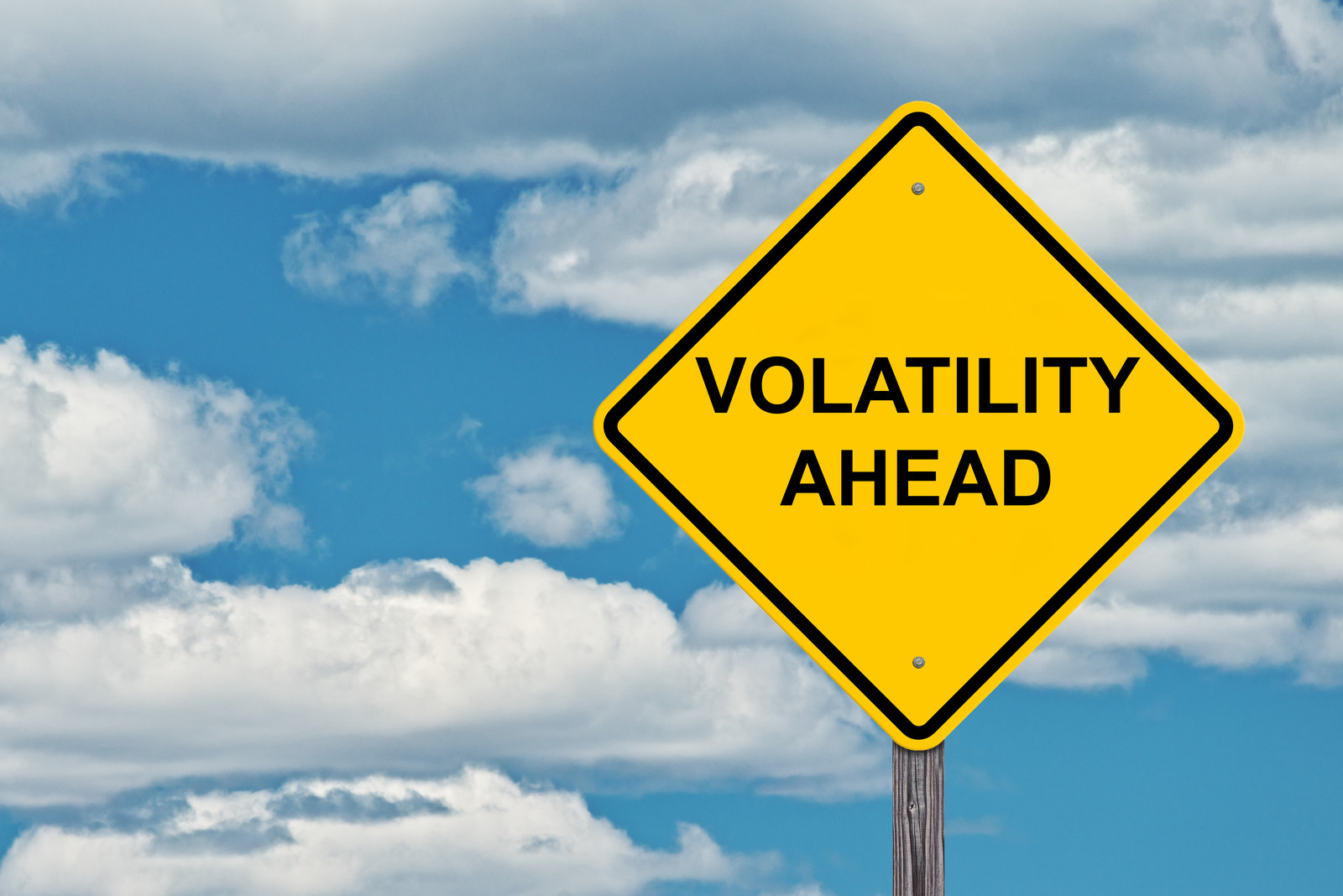Hidden Risks, Let's Talk About It
There are things that happen in life that we all know about, but rather avoid experiencing personally. Like the host at a restaurant saying it will be a 2 hour wait or your contractor muttering “uh oh” as they work on that renovation in your basement. Generally, those two little words, “uh oh,” are a sign of something lurking behind the scenes that's about to become a big problem.
Read More
Topics:
Tolerating Risk with Investments,
Investments and risk,
tolerating risk
Some things you might consider before saying goodbye to 2021
What has changed for you in 2021? For some, this year has been as complicated as learning a new dance. Did you start a new job or leave a job behind? That’s one step. Did you retire? There’s another step. If notable changes occurred in your personal or professional life, then you may want to review your finances before this year ends and 2022 begins. Proving that you have all the right moves in 2021 might put you in a better position to tango with 2022.
Read More
Topics:
Uncategorized,
Financial Planning,
Investing,
Planning,
Retirement
Are you taking stock of your life and thinking about moving on?
(You're not alone.)
Read More
Topics:
Retirement,
economy
Inflation Is Inevitable - What Can we Expect in the Future?
Read More
Topics:
Investing,
market volatility,
Stock Market
With Fall officially arriving, we are reminded once again that we are closer to the end of the year than we are to the beginning. Along with that comes the holiday season, family time, and last-minute shopping. And while we may not be able to assist with the cooking, cleaning, and shopping that’s just around the corner, we want to help in the best way we know how—making sure your end of year financial checklist is complete!
Read More
Topics:
Retirement
It's natural to feel uncomfortable at times like these. But, you have resources available to help you navigate!
Read More
Topics:
Investing,
market volatility,
Stock Market
The stock market has been a little crazy! Are storm clouds on the horizon?
Read More
Topics:
Investing,
market volatility,
Stock Market
POAs and other advanced directives are becoming more important.
The point of the POA. A power of attorney (POA) is a legal document that delegates an individual’s legal authority to another person. If someone is incapacitated, the POA would allow a trusted party to make decisions on his or her behalf.
There are several types of powers of attorney:
Read More
Topics:
Power of Attorney
How often do you think about retirement?
Most of us think about it a lot — at least four times a week.1
Read More
Topics:
Goals,
Retirement,
Retirement Income
You've spent years planning for retirement. But now you're wondering if your retirement dollars will last through the ups and downs of the stock market.
Read More
Topics:
Financial Planning,
Retirement










